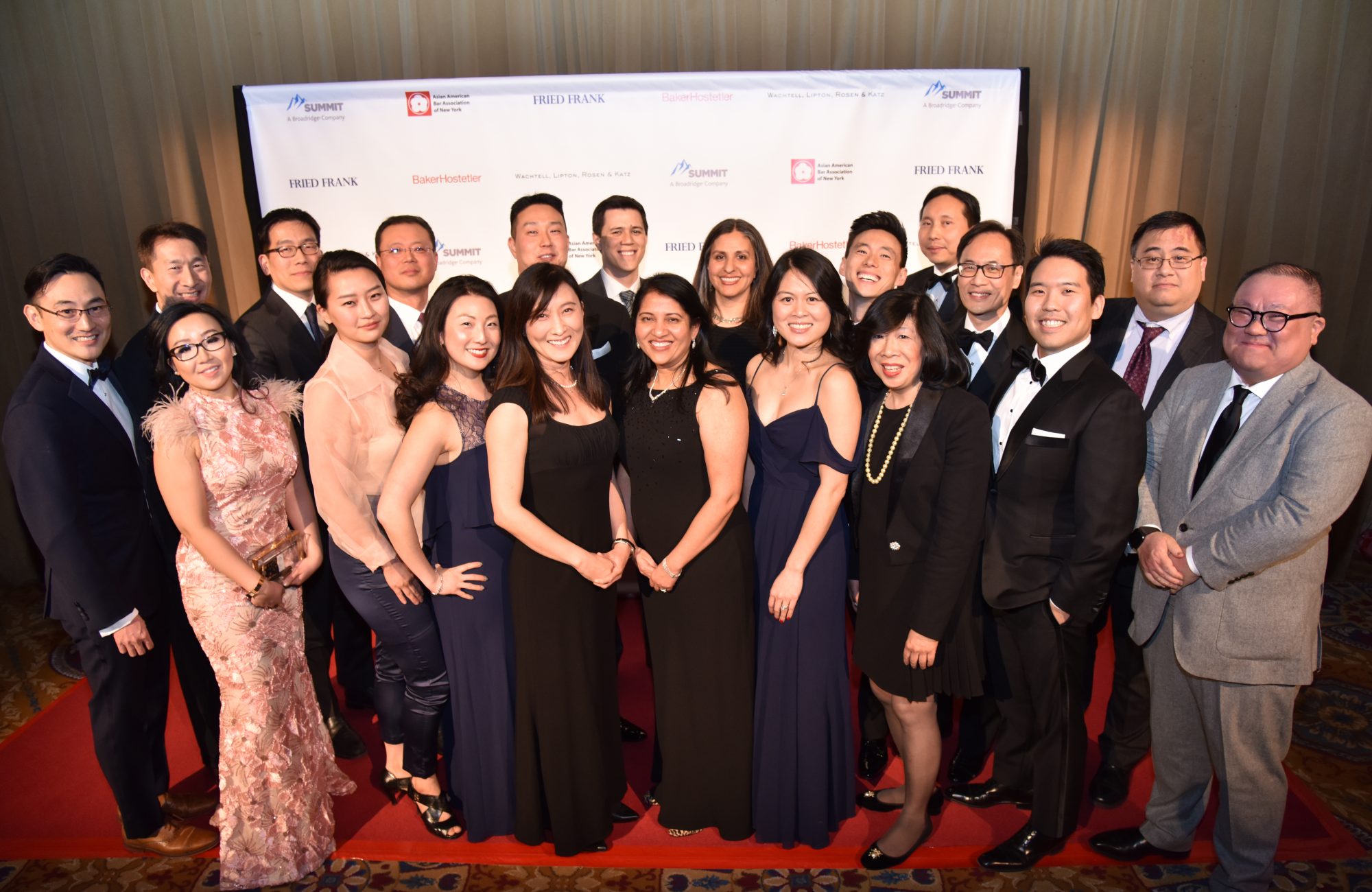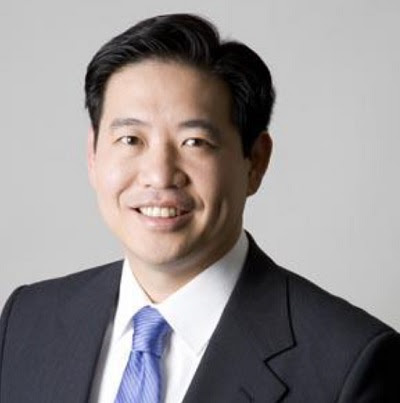For Immediate Release: Date: April 20, 2021
Contact: Priya Purandare, Executive Director
Over the past year, in the wake of the tragic deaths of George Floyd, Ahmaud Arbery, and Breonna Taylor, amongst others, MNAPABA and NAPABA expressed their support of and solidarity with the Black community in Minnesota and across the nation. Today, a jury in Minneapolis has convicted Derek Chauvin on all counts charged in the killing of George Floyd. MNAPABA and NAPABA acknowledge the pain and anguish of the Floyd family and the Black community, and we recognize this is but one chapter in the ongoing endeavor to improve accountability, training, integrity, transparency, and improvement of this country’s criminal justice system as we have called for in NAPABA’s Resolution in Support of the Black Community.
At this critical inflection point in race relations in the United States, and as our own communities face a surge in reported hate crimes and bias-motivated incidents, MNAPABA and NAPABA reiterate their commitment to stand in solidarity with the Black community in Minnesota and across the nation in our shared goal of combating racism, discrimination, hate crimes, and other forms of bigotry. NAPABA recognizes the long history of systemic inequality faced by the Black community in this country and reaffirms its resolution calling for accountability and improving standards of professionalism and conduct in law enforcement. NAPABA has called for building trust between law enforcement and communities of color including by promoting diversity, inclusion, and better training for law enforcement. Community and government leaders must work together to create that trust and fairness in the legal system by combatting bias and safeguarding civil rights, civil liberties, and access to justice for all. While there remains much more work to be done, we hope this outcome helps the country heal and put greater faith in the rule of law.
###
The National Asian Pacific American Bar Association (NAPABA) represents the interests of approximately 50,000 legal professionals and nearly 90 national, state, and local Asian Pacific American bar associations. NAPABA is a leader in addressing civil rights issues confronting Asian Pacific American communities. Through its national network, NAPABA provides a strong voice for increased diversity of the federal and state judiciaries, advocates for equal opportunity in the workplace, works to eliminate hate crimes and anti-immigrant sentiment, and promotes the professional development of people of color in the legal profession.


